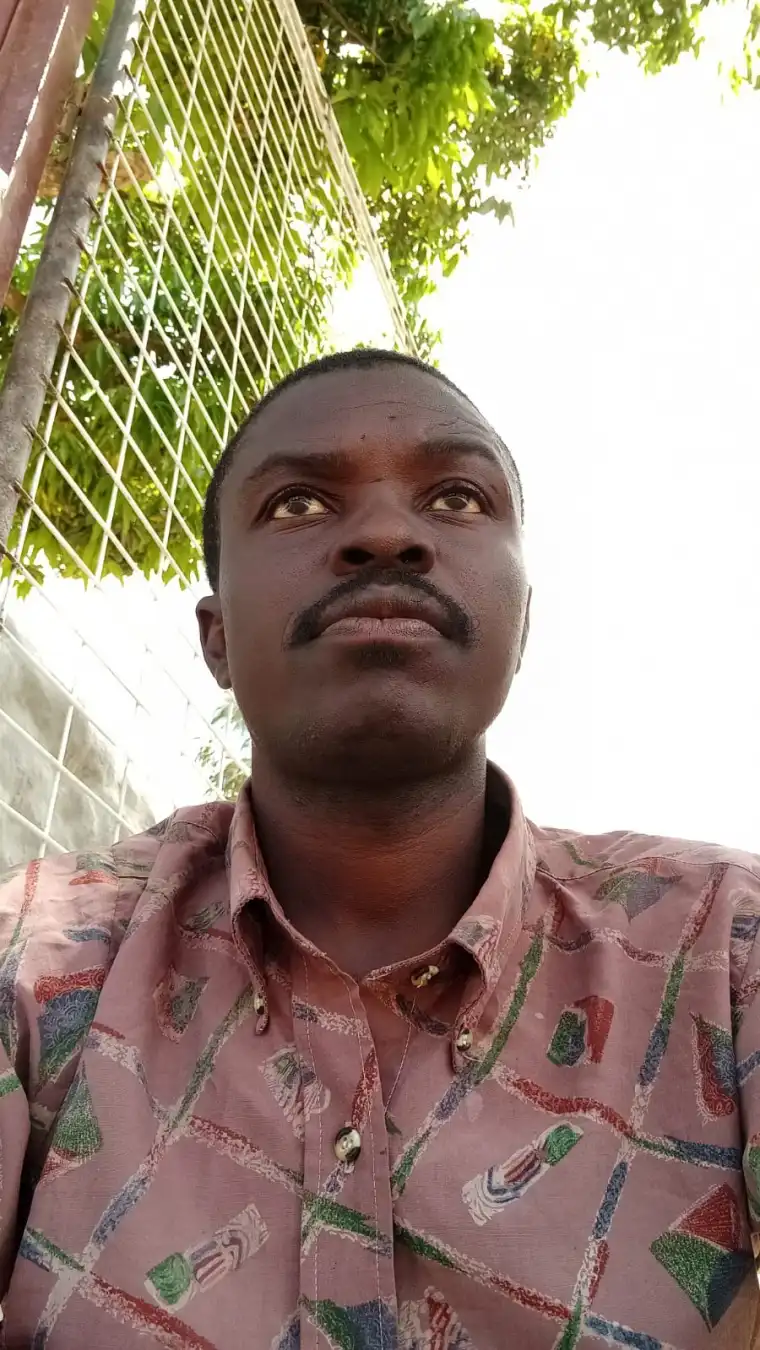At 4 a.m. on October 29, Arlindo Chissale, editor of privately owned outlet Pinnacle News, which specializes in reporting on the insurgency in Cabo Delgado province, was detained by police in Balama, west of the provincial capital of Pemba, and held in police cells for six days, according to media reports, a statement by the Mozambican chapter of the regional media freedom group, Media Institute of Southern Africa (MISA), and the journalist who spoke to CPJ by phone.
Chissale was denied access to a lawyer and family for the first four days of his detention and both his phones were confiscated and searched, according to the journalist, who said he was in Balama to arrange accommodation ahead of next year’s municipal election for Renamo, the opposition party for whom he sometimes works and planned to run as a municipal election candidate. Chissale also took photos, reported, and published Pinnacle News articles while in Cabo Delgado.
After a public outcry, including fears of Chissale’s enforced disappearance, Gilroy Fazenda, a spokesman for the public prosecutor’s office in Cabo Delgado, on November 3 accused Chissale of alleged terrorism and gathering information for terrorism purposes, crimes that carry a penalty of up to 20 years in prison, according to audio of a press conference reviewed by CPJ. Fazenda added that Chissale identified himself as a journalist by using expired accreditation and that police officers were not sure he was one.
That evening, a Balama district court judge ordered that Chissale be provisionally released after finding that there wasn’t a strong enough case to keep him in detention and said that the journalist should answer to a lesser charge under Article 344 (3) of the penal code that outlaws professionals, including journalists, from working without a proper license or accreditation, according to lawyer, Augusto Messariamba, another MISA statement, and media reports. Messariamba told CPJ that Chissale was released on November 4, after providing proof of his identity and residence.
In an interview with Deutsche Welle after his release, Chissale said he had gone to Balama in anticipation of next year’s municipal election and he hoped to help Renamo. He said that police reacted the way they did because he was an opposition party supporter “and even more so being a journalist.”
He said in the interview that after his arrest, police went to his boarding house to check his journalist credentials. “They didn’t like the presence of the journalist” and the mention of Renamo, he said.
Balama government administrator Edson Lima told CPJ via messaging app that he became aware of the journalist’s detention after Fazenda’s statement and that Chissale’s “was an isolated case as Balama is a safe place for journalists.”
In August 2022, Chissale told CPJ that he feared for his life after a ruling party Frelimo member, Bellya Nota, had accused him of terrorism, harassed him, and threatened him on a social media group supportive of President Filipe Nyusi between June and August 2020.
On November 3, Nota posted on that group celebrating Chissale’s arrest stating, “justice might take long but it doesn’t fail.” The post reviewed by CPJ was later deleted.
Chissale filed a defamation complaint against Nota in early 2021 and the case was later transferred to Mozambique’s capital Maputo and is pending review by a local court.
Nota did not reply to a request for comment by CPJ on a number provided by Nota’s lawyer, Chomar Amiise. Amiise told CPJ he could not comment on the defamation complaint.
